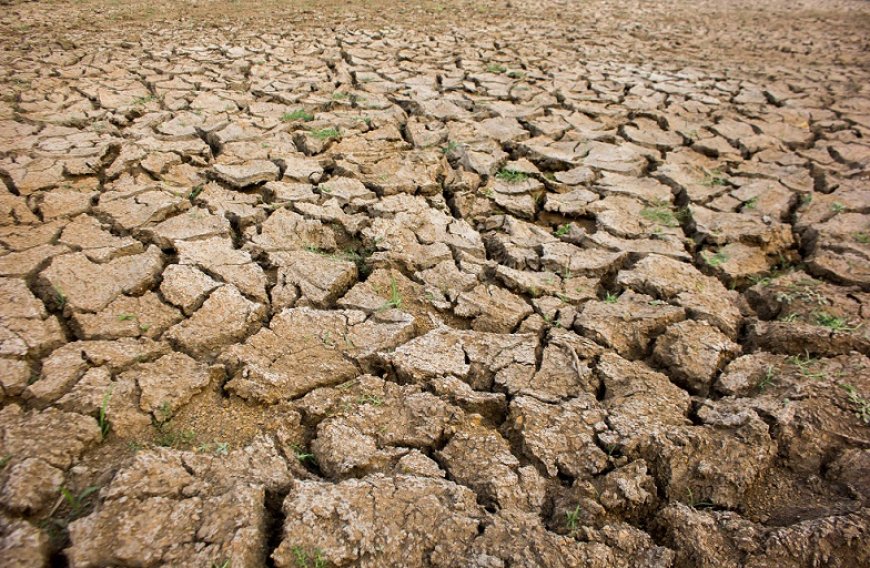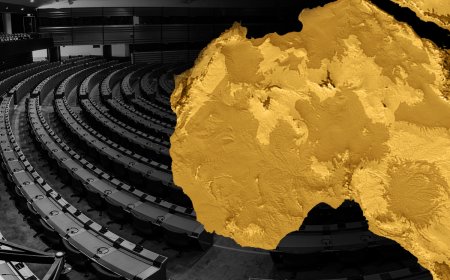Berlin, 8 May, 2024 - APRI - Africa Policy Research institute is thrilled to announce the release of our synthesis report on locally-led adaptation (LLA) in West Africa. This report presents findings of research conducted on climate change adaptation policies, strategies, and local actions in Ghana, Nigeria, and Senegal. It delves deeper into understanding LLA strategies, practices, and lessons learned in each respective country.
Dr. Grace Mbungu, Senior Fellow and Head of the Climate Change Program at APRI explains that “the research initiative in the three countries was executed by establishing a collaborative and co-creative framework, which fostered dialogue and exchanges among diverse stakeholders”. This approach “provided a strong platform for evidence-based analysis on needs, challenges and drivers and made it possible to identify entry points for a more effective, equitable, and inclusive approach to climate action.”
The study looked at representative and sector-specific cases that are aligned with the priority sectors identified in the respective national climate action plans (National Determined Contributions (NDCs). “This approach allowed us to gain nuanced insights into the effectiveness of adaptation efforts, offering practical lessons that can significantly contribute to guiding and shaping the successful implementation of NDCs and broader climate actions”, noted Dr. Grace Mbungu.
The findings delve into the hurdles faced by local communities as they seek to adapt to the changing climate, ranging from funding gaps to barriers inhibiting women's participation in decision-making and actions on climate adaptation. The report also identifies opportunities and entry points, as well as recommendations to both local and global actors on ways to support LLA to advance effective and transformative climate action Among other action points, it calls for the integration of climate considerations into broader development policies and actions to enhance the effectiveness of policies and the adoption of sustainable adaptation practices, especially at the local level. The study also stresses the significance of strengthening existing institutions and fostering collective learning as essential steps toward enhancing adaptation initiatives throughout the region.
Find out more here (DOI): https://doi.org/10.59184/ca024.01
Key Collaborators:
- The Centre for Climate Change and Development at Alex Ekwueme Federal University Ndufu-Alike Nigeria (CCCD-AEFUNAI)
- The Department of Climate Change (DCC) under the Federal Ministry of Environment, Nigeria
- ENDA Energie
- Ghana Climate Innovation Centre (GCIC).
Project implementation team
- Dr. Albert Arhin, APRI Senior Climate Change Fellow - Ghana
- Dr. Chukwueloka U. Okeke, APRI Senior Climate Change Fellow – Nigeria
- Dr. Ibrahima Sy, APRI Senior Climate Change Fellow – Senegal
- Report Lead: Prof. Yacob Mulugetta (Professor of Energy and Development Policy, University College London)
Report Lead
Prof. Yacob Mulugetta (Professor of Energy and Development Policy, University College London)
If you have any queries, please contact:
Vincent Reich
APRI - Africa Policy Research Private Institute gUG
+49 30-33909525
press@afripoli.org
About APRI
APRI is a nonpartisan and independent think tank that conducts research on key policy issues affecting Africa and African countries. APRI aims to provide insights to the policy-making processes of Germany and the European Union on African affairs. APRI also offers policy options to African leaders and civil society actors.




